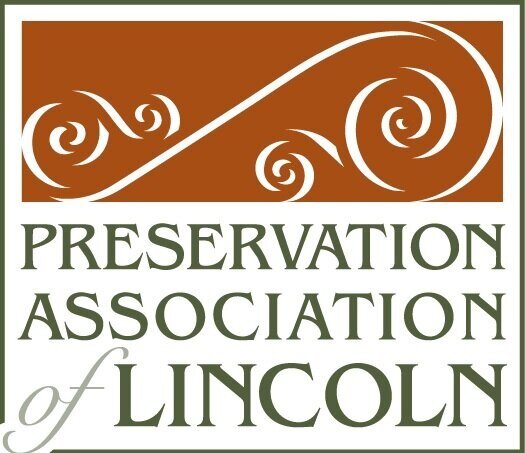Vargas introduces Historic Tax Credit Bill
LB 194
The Nebraska Historic Tax Credit Bill
After sitting in the Revenue Committee for three months, LB194 was finally advanced out of the committee with amendments on April 14th. Of the eight committee members, the bill squeaked by with only five voting in favor of advancement. The members voting “aye” were Senators Albrecht (District 17), Bostar (District 29), Flood (District 19), Lindstrom (District 18), and Pahls (District 31). The remaining senators, Linehan (District 39), Briese (District 41), and Freisen (District 34) abstained from voting.
Senator Tony Vargas of Omaha introduced LB194 on January 8, 2021 to renew and update the Nebraska Historic Tax Credit (NHTC) program. Introduced in 2015 as part of the Nebraska Job Creation and Main Street Redevelopment Act, the NHTC program provides a 20% tax credit for property owners who rehabilitate historic buildings while maintaining their historic integrity. NHTC projects, which have included low-income housing, courthouses, and downtown areas seeking revitalization, have had a tremendous impact on our local economy and workforce.
Days after the introduction of LB194, the bill was moved to the Revenue Committee and a hearing was set for February 4, 2021. On the day of the hearing, only four individuals spoke in favor of the bill. Those presenting oral testimony included Senator Vargas who introduced the bill, Trevor Jones, the Executive Director and CEO of History Nebraska, David Levy, Omaha attorney and History Nebraska board member, and Michael Sothan, the Executive Director of Main Street Beatrice.
Key changes in the original draft of LB194 included:
Eliminating the program sunset on December 31, 2022 and keeping it in perpetuity.
Allowing single family residences to apply.
Lowering the total financial cost from $25,000 to $5,000 in order to be eligible to apply.
Raising the amount of credit from 20% to 25% for projects in Omaha and Lincoln and 30% everywhere else.
Raising the per project cap from $1 million to $2 million. However, the annual cap allocated to the program will remain at $15 million.
The amended bill includes the following changes:
Extending the sunset from December 31, 2022 to December 31, 2029.
Removing single family residences as qualifying for the program.
Lowering the annual cap from $15 million to $12 million.
PAL will continue to follow the progress of LB194 and keep the public informed.
